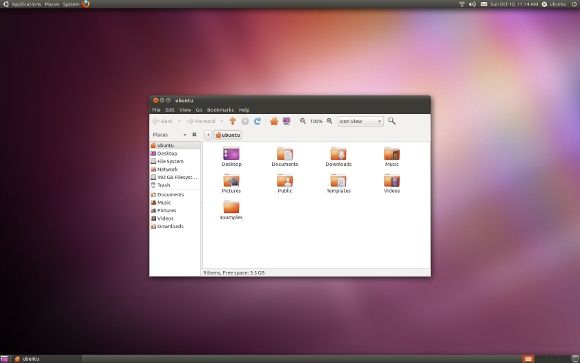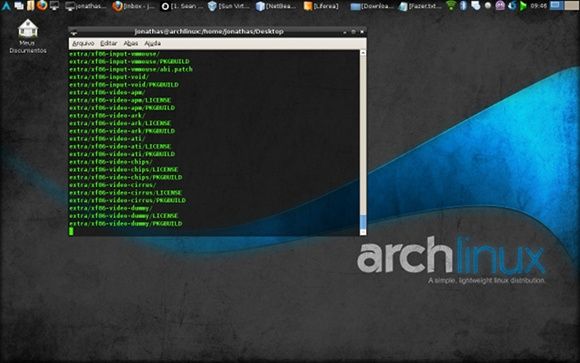As Linux keeps growing as a viable desktop solution, the chances that you're willing to try out Linux yourself is continually increasing. When you finally decide to take the plunge and have a stroll through Linux Avenue, you'll need to be able to decide which distribution (or in short, distro) out of the thousands that are out there is right for you. Making the right choice is an important step, because it can help make your experience much more enjoyable. Just imagine if you tried out a distro that wasn't meant for you?
Before we move on to what each distro is all about, you need to figure out what you need for yourself. What do you really want in your operating system? Ease of use? The ability to tweak every minute detail of your system? Technologies that pop up in other distros by the time you've used them for a long time? Make sure you know exactly what you want, as it'll make the selection process a whole lot easier.
Ubuntu
Ubuntu sometimes appears as the new face of Linux. Instead of seeing Tux, the Linux mascot, you sometimes see Ubuntu logos. Ubuntu has quickly become a popular choice among desktop users, and I must say that my first true experience with Linux was with Ubuntu. Every distro has a different goal, and Ubuntu's is simple: make Linux as easy as possible for users. This includes taking away features like a root user, and adding style, one-click install buttons, and a large package repository. If you're not tech-savvy, this is a great way to get started.
Fedora
Fedora is another popular choice among many desktop users. It is different from Ubuntu, however, because it gives a clean desktop to work on while giving the user more control over the system. It retains features such as a root user, and has a more descriptive package manager. In other words, you need to know a little bit more about how Linux works and how packages combine together and become installed in order to successfully use Fedora.
If you paid attention to what's going on in other Linux distros, you shouldn't have a problem with this. Also, Fedora's strict open-source policy prevents you from installing proprietary software or drivers without a little bit of work. Again, if you learned a thing or two, this shouldn't be a problem.
openSUSE
openSUSE is along the bottom of the most-popular choices for desktop users. However, it still has plenty of support to be a well-formed distro. Its goal isn't to be noob-friendly nor be restricted to open-source software by default, but instead to create its own workspace. By default it uses a different desktop environment in addition to its own multi-purpose package manager. If you're a beginner looking for a distro, this one may be more similar to Fedora than Ubuntu in terms of being "challenging." It's an interesting project nonetheless and definitely worth checking out.
Arch Linux
I may have described Fedora and openSUSE as slightly challenging, but I was exaggerating. Arch Linux has a completely different setup and is meant for a completely different group of enthusiasts. Arch has always been intended for those who know a thing or nine about Linux. The idea of this distro is that the kernel and base packages are given to you, and you install this system. When that's done, you boot into the system and start installing everything from scratch: your display manager, your desktop environment, your browser, your drivers, and everything else that you need or want.
In fact, there is no true "default" in Arch, so the screenshot presented is just an example of what you can do. Benefits to doing things this way is that you know exactly what is installed on your computer, because you installed it and nobody else. It also keeps things as minimal and efficient on system resources as you want.
It's definitely not something for beginners, but it's a great learning tool while building a very usable system.
Conclusion
In the end, the choice of Linux distros is always up to you, and no one is "better" than the other. Such statements have always been an opinion, and with the wide range of distros, making your right choice couldn't be better. It's always best to remember who you are, and what the target consumers are for each distro. Making the right decision will save you many headaches in the future.
What Linux distro(s) do you use, and why did you make that choice? What aspects made you choose one distro over another?





